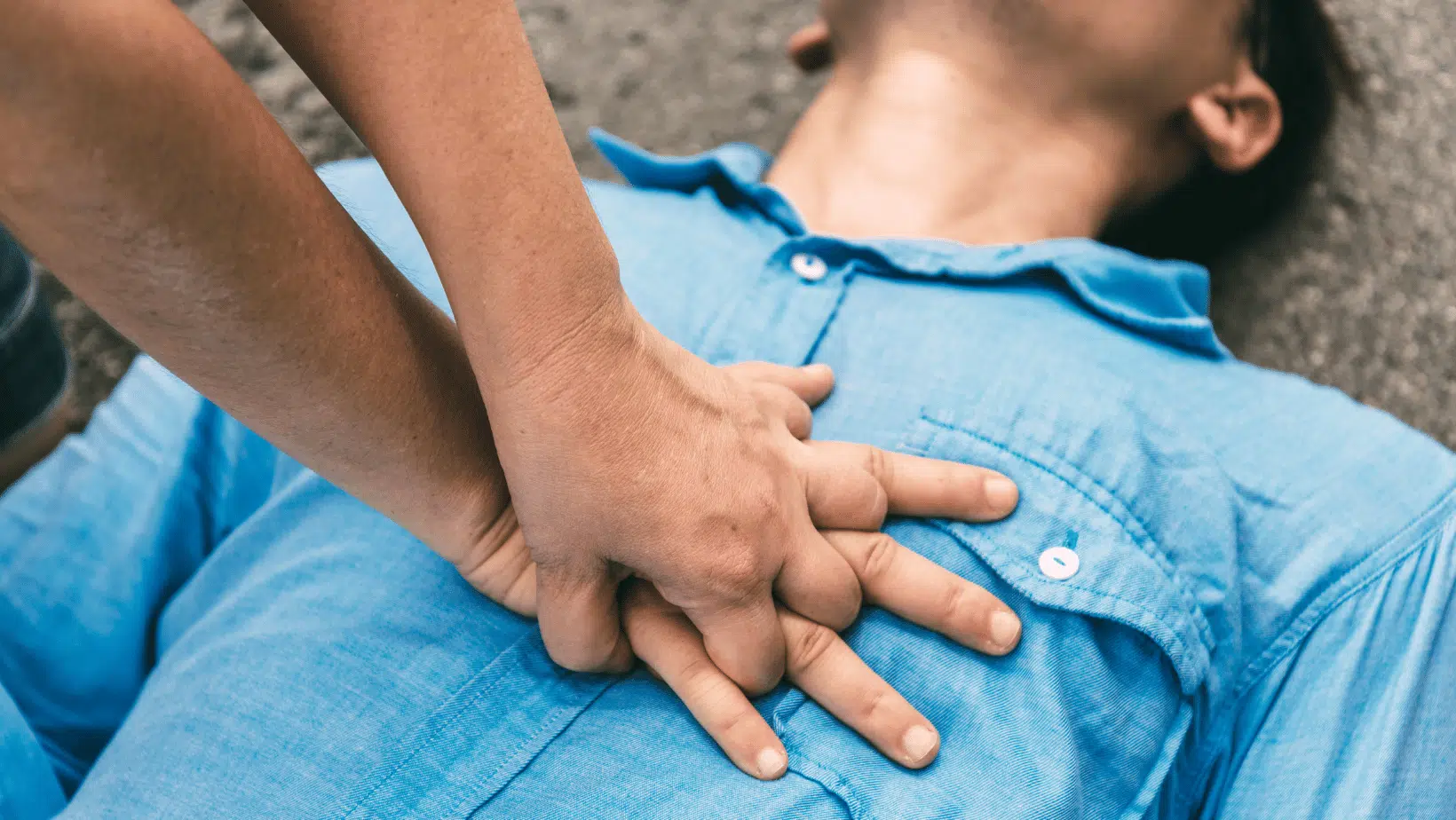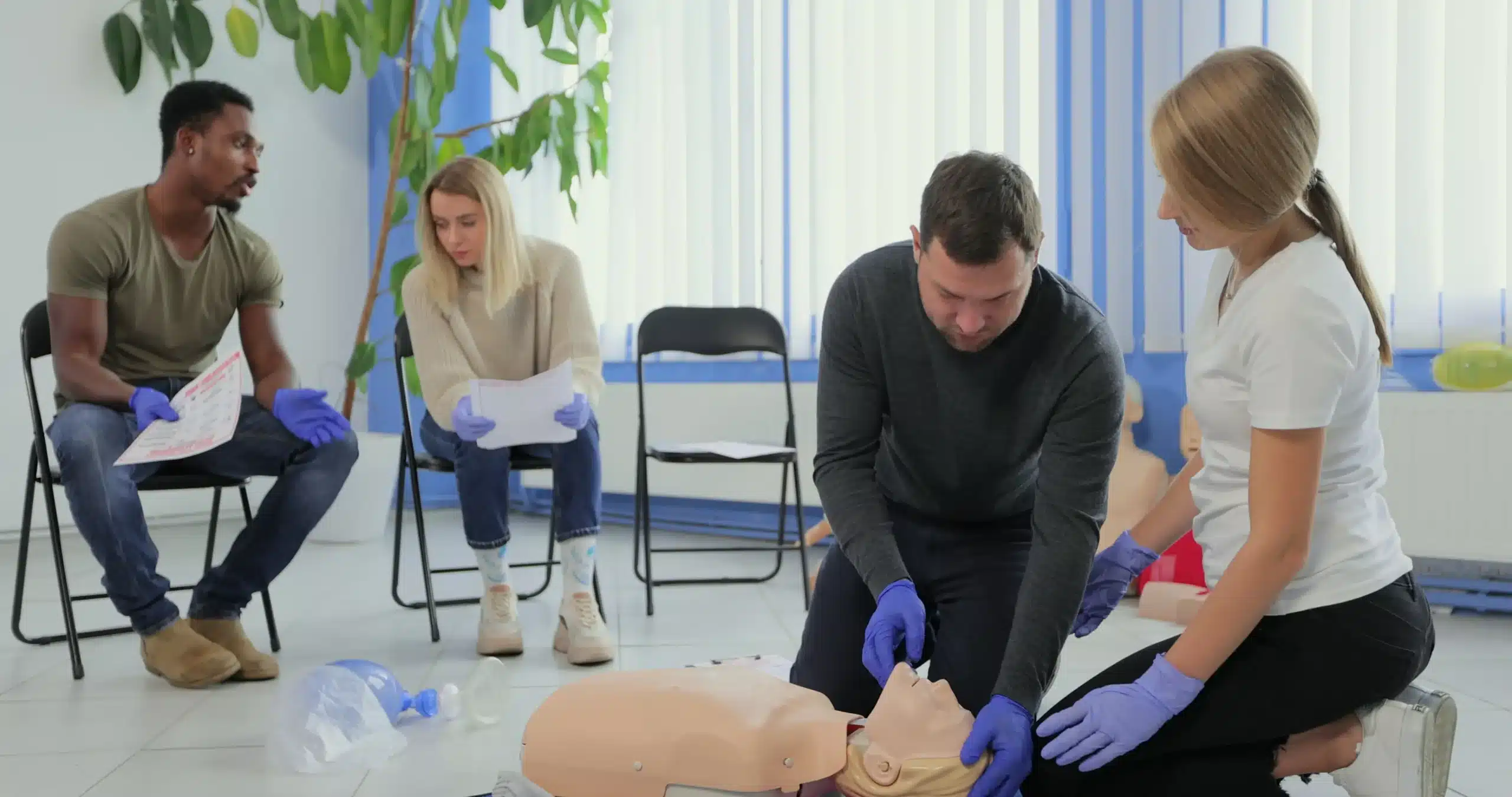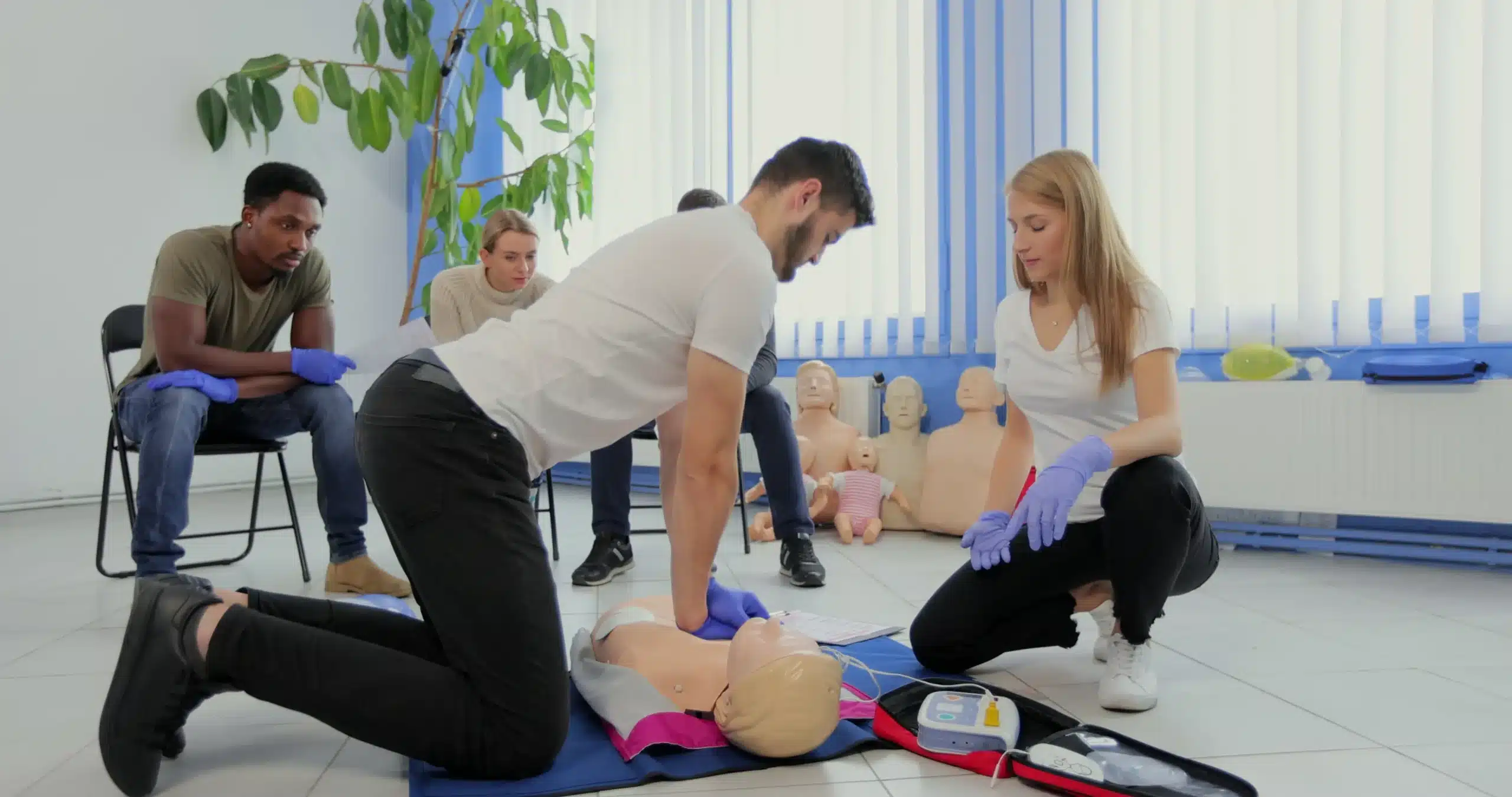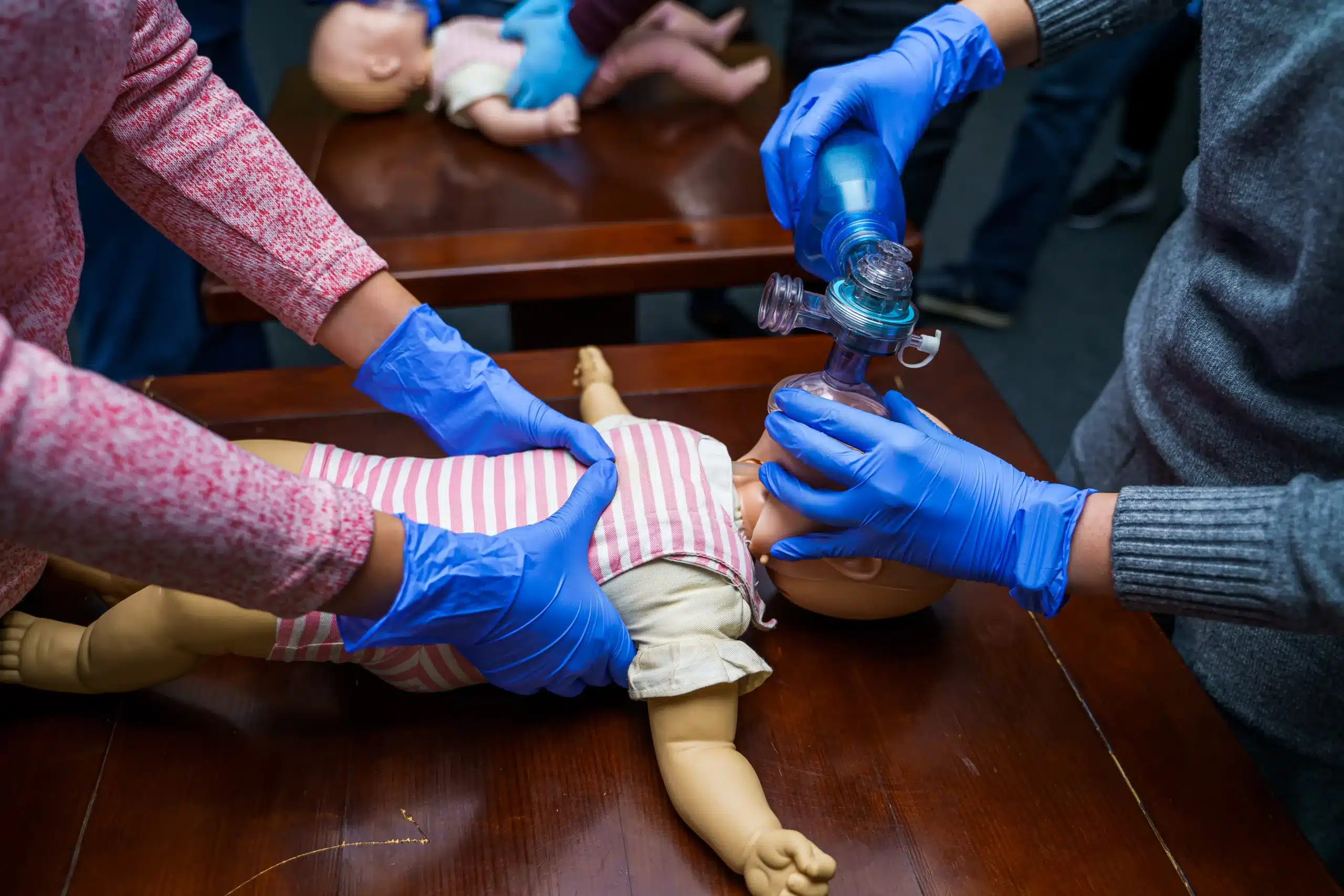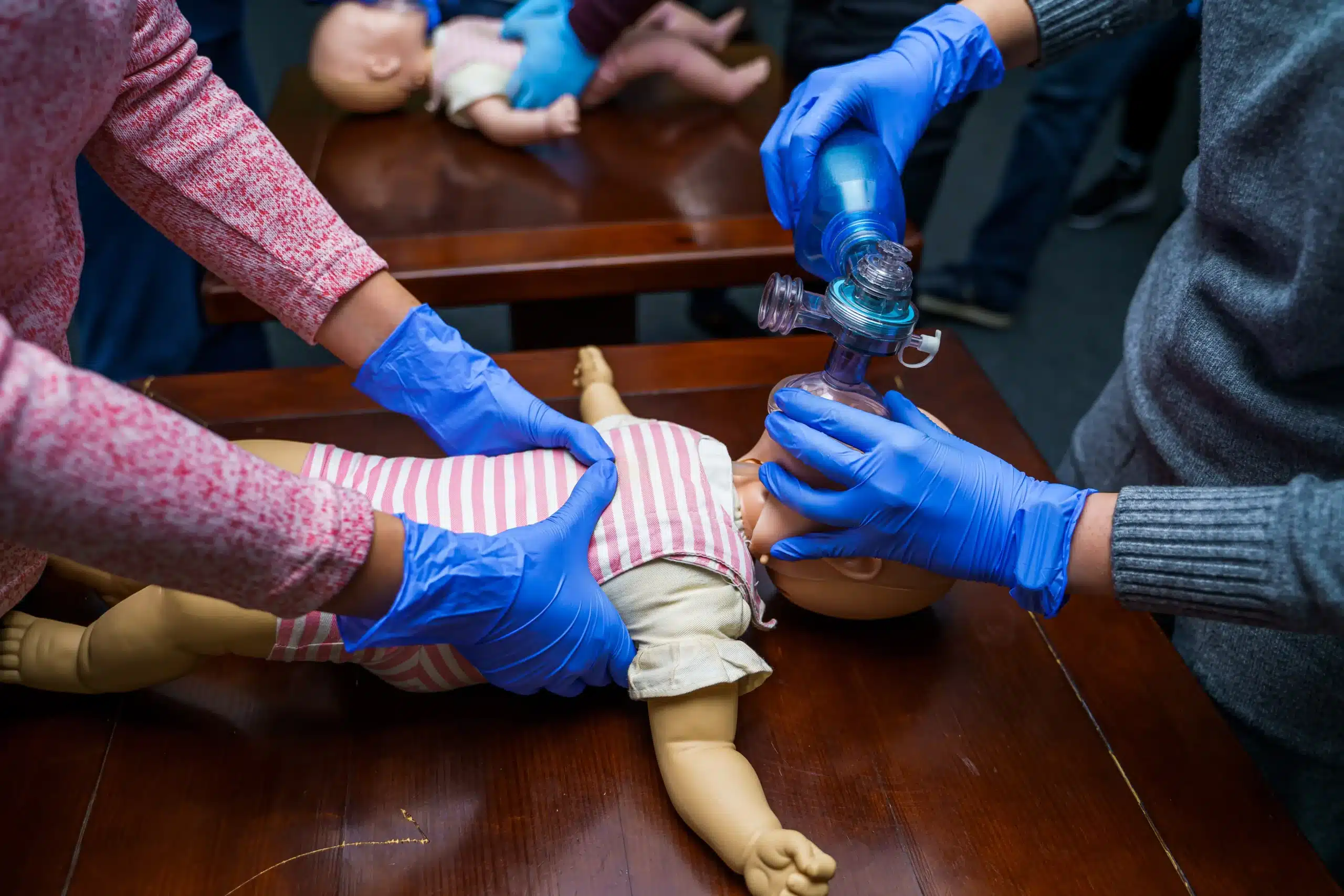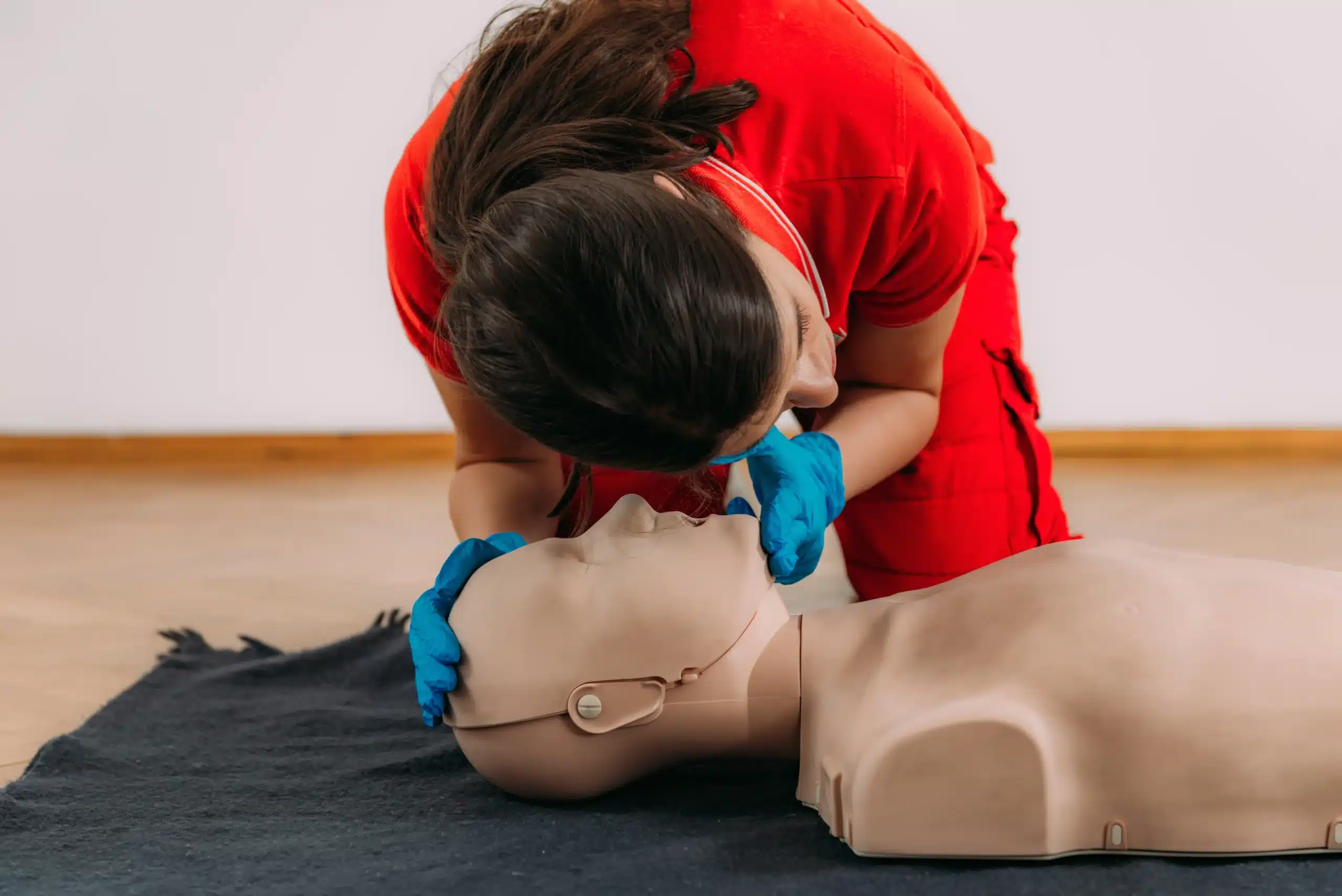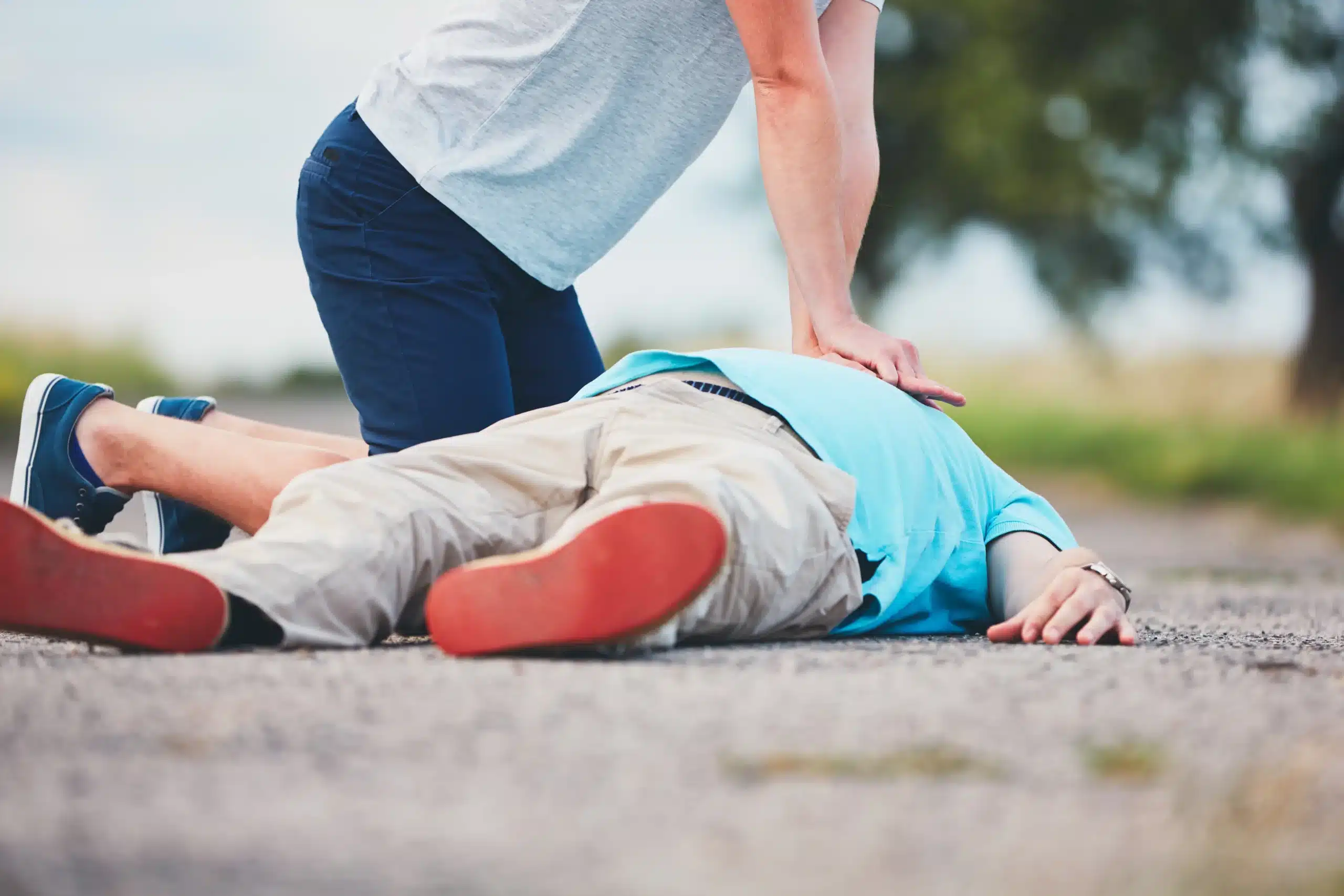Surviving cardiac arrest is an extraordinary feat—but the story doesn’t end there. Many CPR survivors face more than physical healing; the emotional toll of resuscitation can be immense. Whether it’s flashbacks, feelings of guilt, or anxiety about the future, survivors often grapple with psychological challenges long after their near-death experience.
This blog dives deep into the psychological recovery process for CPR survivors, addressing the emotional impacts, offering coping strategies, and sharing why mental health support is as crucial as physical rehabilitation. If you or someone you know is navigating life after cardiac arrest, you’re in the right place.
Understanding the Psychological Impact of CPR
CPR saves lives, but the trauma of a near-death experience leaves many survivors with lasting emotional scars.
Immediate Emotional Responses
Waking up from cardiac arrest can be bewildering. Survivors often describe feeling a cocktail of fear, confusion, and intense anxiety. These immediate reactions are natural—suddenly confronting mortality is no small feat.
- Flashbacks or vivid memories of the event are common, contributing to Acute Stress Disorder (ASD).
- Survivors may grapple with hypervigilance, feeling constantly on edge or overly alert to physical symptoms like chest pain, fearing it may happen again.
Long-Term Effects on Mental Health
For some, these emotions don’t subside over time but instead evolve into long-term mental health challenges. Research from the Resuscitation Journal shows high rates of psychological distress following cardiac arrest, including:
- Depression (14%–45% incidence post-event)
- Anxiety (13%–61%)
- PTSD (19%–27%)
These conditions can significantly impact quality of life. Additionally, survivors may experience survivor’s guilt, questioning why they lived when others might not have. This can add layers of emotional complexity to recovery.
Adjustments to Worldview
Surviving cardiac arrest often forces survivors to reevaluate their lives. While some lean toward feelings of gratitude and second chances, others wrestle with existential questions about purpose and mortality.
Understanding these psychological challenges is the first step in addressing them. The good news? With the right tools and support, survivors can—and do—heal emotionally.
Coping Strategies for Survivors and Families
If you’re a CPR survivor or supporting someone through recovery, the road ahead might feel uncertain, but there are concrete steps you can take to foster healing.
Mindfulness-Based Techniques
Calming the mind and focusing on the present can be invaluable for managing post-resuscitation stress. Try these actionable tools to reduce anxiety:
- Mindfulness meditation: Set aside 10 minutes a day to focus on deep breathing. Apps like Calm or Headspace offer guided meditations.
- Journaling: Write down daily reflections or emotions. Seeing your thoughts on paper can provide clarity and a sense of control.
- Gentle yoga: Yoga stretches not only ease physical tension but also promote mental relaxation.
Support Networks
Recovering isn’t just an individual effort; community plays a pivotal role.
- Lean on close family and friends for emotional support when times feel overwhelming.
- Join survivor-specific support groups to connect with others who’ve been in your shoes. There’s immense healing power in shared experiences.
Lifestyle Adjustments
Healthy habits can also aid recovery by bolstering both your body and mind.
- Engage in regular physical activity, like walks or light strength training, to elevate mood and rebuild strength.
- Maintain a nutritious diet rich in fruits, vegetables, and lean proteins to fuel your body’s healing process.
- Prioritize sleep hygiene—bedtime routines can improve sleep quality, helping your mind process lingering stress and trauma.
Seeking Professional Help
At times, self-care may not be enough. Therapy can be instrumental in managing post-cardiac arrest mental health challenges.
- Cognitive Behavioral Therapy (CBT) can help reframe negative thought patterns and build healthier coping mechanisms.
- Eye Movement Desensitization and Reprocessing (EMDR) has proven effective in reducing the intensity of traumatic memories.
When choosing a therapist, look for professionals experienced in working with medical trauma or post-cardiac arrest therapy. It’s okay to “shop around” until you find someone you connect with.
Why Psychological Recovery is Essential
Mental health is just as important as physical recovery. Addressing psychological challenges doesn’t just improve overall well-being—it can directly enhance physical healing, too.
Here’s how:
- Reducing stress has tangible benefits for heart health, lowering the risk of complications or recurrence.
- Emotional stability fosters confidence, empowering survivors to engage in physical rehab programs or adopt heart-healthy habits.
- When survivors process their traumatic experiences, it leads to a higher quality of life, stronger relationships, and a renewed sense of purpose.
Neglecting the mental health aspects of recovery can stall physical progress. Bottom line? Mind and body are deeply interconnected, and both need equal care.
Taking Action Today
One way to contribute to the recovery process—whether you’re a survivor or not—is by learning CPR. Through trusted programs like the American Heart Association (AHA), you can equip yourself with the skills to save a life and even minimize the trauma associated with resuscitation through confident, compassionate action.
Explore these AHA-certified courses available in Merced, CA:
- CPR and First Aid
- Basic Life Support (BLS)
- Advanced Cardiovascular Life Support (ACLS)
- Pediatric Advanced Life Support (PALS)
Training in CPR helps ensure you’re prepared to step into a life-saving role while better understanding the challenges survivors may face afterward.
Resilient Minds, Stronger Hearts
Life after cardiac arrest is a testament to resilience. While psychological recovery for CPR survivors can be challenging, it’s also a story of strength, growth, and healing when guided by the right resources and support systems.
If you or someone you know is navigating this unique recovery process, know that help is available—and healing is possible. With mindfulness, professional care, and a supportive community, CPR survivors can move forward, stronger and more empowered than ever.
Why not take action today? Consider sharing this article with someone who might benefit from its insights. And if you’re looking to make a difference in your own community, sign up for a CPR training course—empowering yourself to save lives is a first step to building a safer, more compassionate world.
